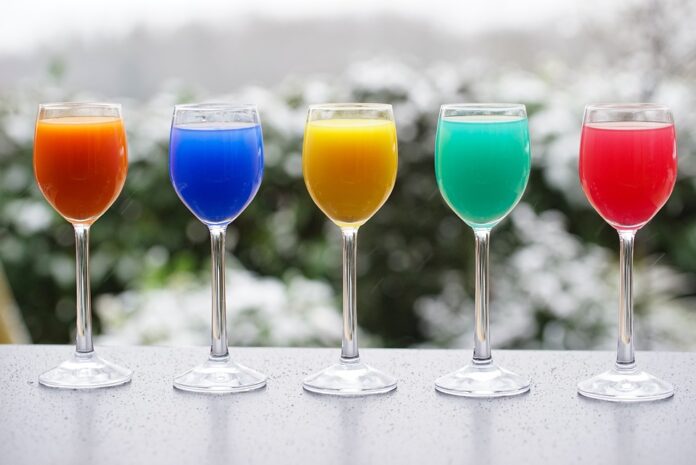Introduction
In the food and beverage industry, extending the shelf life of products is crucial for both manufacturers and consumers. One innovative approach to achieving this goal is through gentle non-thermal beverage preservation techniques. These methods allow for the preservation of beverages without subjecting them to high heat, which can alter the taste, texture, and nutritional content of the product. In this report, we will explore how shelf life is extended through gentle non-thermal beverage preservation, the companies leading the way in this field, and the financial implications of implementing such techniques.
The Importance of Shelf Life Extension
Consumer Demand for Longer Shelf Life
With busy lifestyles and a growing demand for convenience, consumers are increasingly seeking products with longer shelf lives. Beverages that can last longer without spoiling or losing their quality are more attractive to consumers who want to stock up on their favorite drinks without worrying about them going bad quickly. This demand has led manufacturers to explore innovative ways to extend the shelf life of their products while maintaining their taste and nutritional value.
Reducing Food Waste
Extending the shelf life of beverages is also important from a sustainability perspective. By reducing the rate at which products spoil, manufacturers can help minimize food waste and environmental impact. Longer shelf life means fewer products are discarded before they are consumed, leading to cost savings for both manufacturers and consumers.
Gentle Non-Thermal Beverage Preservation Techniques
High Pressure Processing (HPP)
One of the most popular gentle non-thermal preservation techniques for beverages is High Pressure Processing (HPP). This method involves applying high levels of pressure to beverages, which inactivates spoilage microorganisms and enzymes without the need for heat. HPP allows manufacturers to extend the shelf life of their products while preserving the taste, color, and nutritional content of the beverages.
Pulsed Electric Field (PEF) Technology
Another innovative technique for extending the shelf life of beverages is Pulsed Electric Field (PEF) technology. This method involves applying short bursts of electrical energy to beverages, which disrupt the cell membranes of microorganisms and enzymes. PEF technology is gentle on the product and helps preserve the quality of beverages without the need for high temperatures.
Companies Leading the Way
Hormel Foods Corporation
Hormel Foods Corporation is a leading player in the food and beverage industry that has invested in gentle non-thermal preservation techniques to extend the shelf life of its products. The company has successfully implemented HPP technology in its beverage production process, allowing it to offer consumers longer-lasting products with superior quality.
Coca-Cola Company
The Coca-Cola Company is another major player in the beverage industry that has adopted gentle non-thermal preservation techniques to enhance the shelf life of its products. The company has invested in PEF technology to preserve the freshness and flavor of its beverages while meeting consumer demand for longer shelf life.
Financial Implications
Cost of Implementation
Implementing gentle non-thermal preservation techniques can involve significant upfront costs for manufacturers. Equipment such as HPP machines and PEF technology systems can be expensive to purchase and install. However, the long-term benefits of extending the shelf life of products and reducing food waste can outweigh the initial investment.
Competitive Advantage
Companies that adopt gentle non-thermal preservation techniques gain a competitive advantage in the market by offering consumers products with longer shelf lives and superior quality. This can lead to increased sales, brand loyalty, and market share for manufacturers who prioritize product longevity and sustainability.
Conclusion
In conclusion, extending the shelf life of beverages through gentle non-thermal preservation techniques is a valuable strategy for manufacturers looking to meet consumer demand for longer-lasting products while reducing food waste. Companies like Hormel Foods Corporation and the Coca-Cola Company are leading the way in implementing these innovative techniques and reaping the financial benefits of increased sales and brand loyalty. By investing in gentle non-thermal preservation methods, manufacturers can enhance the quality and sustainability of their products while staying competitive in the market.




